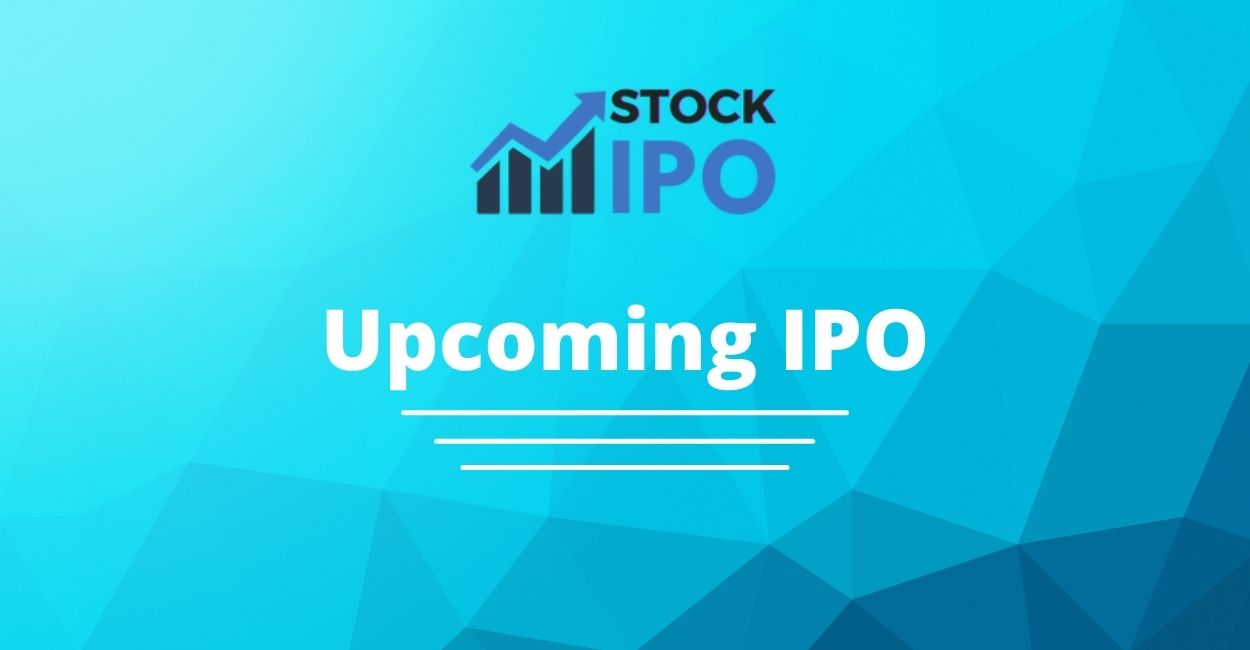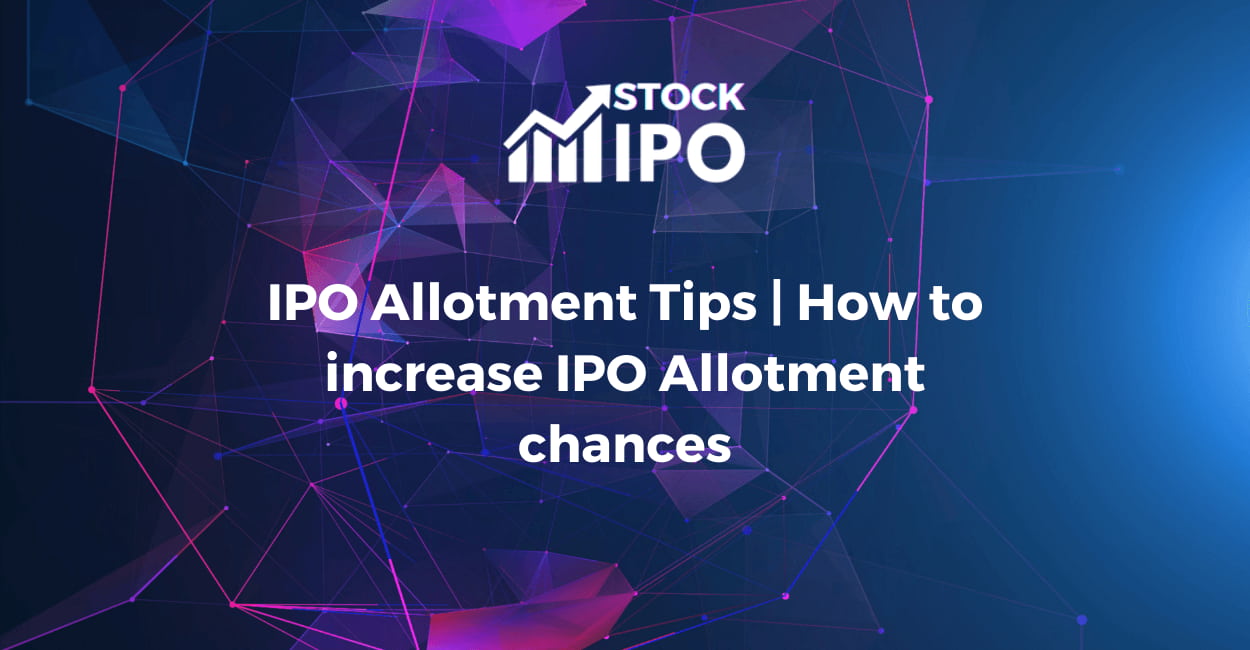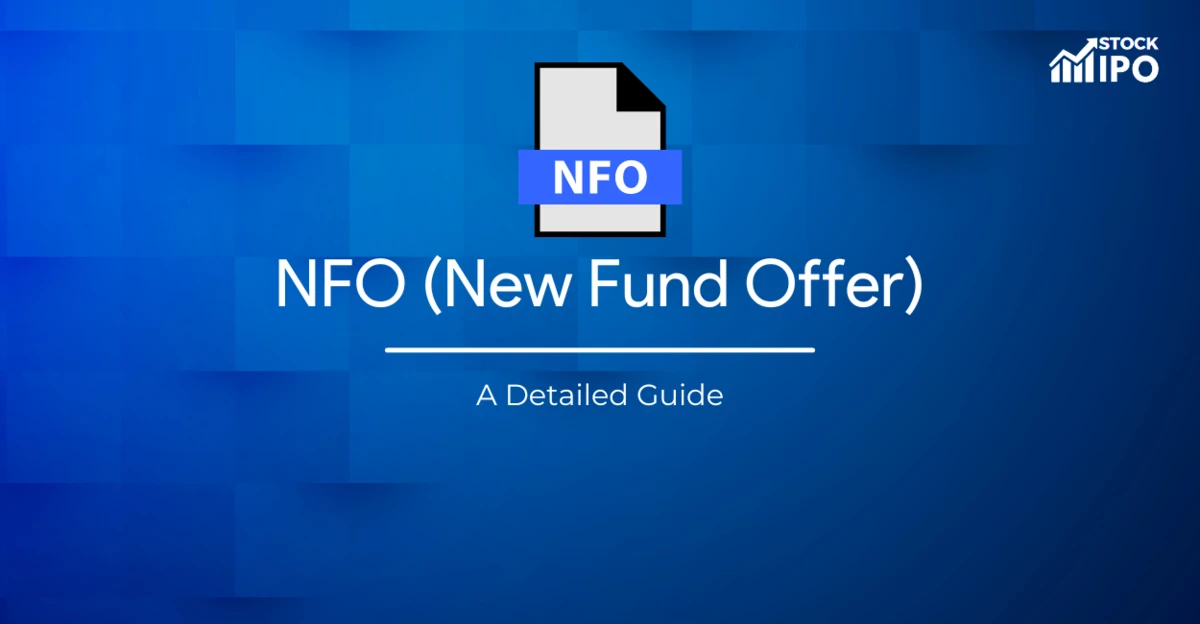If there’s an event in the stock market which investors eagerly wait for is a company’s initial public offering. Many investors have the notion that a company’s IPO is a money-minting machine and is a sure shot way of making some quick bucks. But when the IPO is oversubscribed, the chances of getting an allotment are minimal.
But one can wait and can subscribe to the company’s follow-on public offer to participate in the company’s future growth. A follow-on public offer is an event where an already listed company issues additional shares. Hence, investors can assess valuations coupled with the company’s operating history to apply to the company’s FPO. So let us discuss in detail about follow-on public offer.
What is FPO?
FPO is the short-form of follow-on public offering. It is a process through which a company that is already listed on the stock exchange issues new shares to the existing as well as new shareholders. This is a corporate event which takes place after the company’s IPO.
The reason that the company comes up with a follow-on public offer is because of the need of additional capital to expand its business or to augment its equity base. A company may also come up with its FPO to reduce its debt burden.
Types of FPO
There are two different types of FPOs:
Dilutive FPO
A dilutive FPO is the one where new shares are issued by the company which increases the total number of shares outstanding. This type of FPO is done to fund expansion of business activities or to reduce the company’s debt burden. In this type of FPO, the ownership of the existing shareholders is diluted.
Non-Dilutive FPO
A non-dilutive FPO is the one where the shares that are issued are already in existence. The company does not issue additional shares. The directors or large shareholders of the company offer their stakes for sale, which are offered to general public.
As a result, a non-dilutive FPO does not lead to a dilution in shareholding of existing shareholders. Such type of FPO is done mostly to comply with minimum shareholding norms by regulators or to alter the shareholding ownership pattern.
What is the difference between FPO and IPO?
IPO or Initial Public Offering is a process where a private company goes public for the first time by issuing shares to the general public. Whereas, a follow-on public offer is an event which takes place after a company has come up with its IPO and is already listed on the stock exchanges.
IPOs are generally used by private entities to increase their equity base, whereas FPOs are used by government entities to reduce their debt burden or reduce their stakes in the company.
During an IPO, investors have to research and analyze well about the company as it was previously a private company, whereas, in a FPO, the company is already listed on the exchanges and has some operating history as a publicly available company, hence it is relatively easy for investors to take a decision regarding investing in a FPO.
When a company comes up with its IPO, the issue price is either fixed or variable. But when a company comes up with an FPO, the issue price is set keeping in mind the general market conditions as well as the company’s current fundamentals.
The valuation at a company’s IPO stage is generally expensive, whereas at the FPO stage it is cheaper in most cases as the value of the company is getting diluted. Also, a company’s IPO is generally more risky than its FPO.
Recent FPO listings
Following are the recent FPO filings
Ruchi Soya Industries Limited
Ruchi Soya Industries Limited filed its draft prospectus for FPO with the Securities and Exchange Board of India (SEBI) in June 2021.
Yes Bank Limited
After Rana Kapoor’s malpractices regarding hiding major corporate governance lapses at Yes Bank Limited and showing bad loans as good ones came into light, Yes Bank shares tanked with a blink of an eye in March 2020. Subsequently, the bank had to be bailed out by the State Bank of India to provide financial support. Later, in order to augment its equity share capital, Yes Bank Limited had to come up with a follow-on public offer. Still, the bank’s condition is not that good but has improved considerably since the fraud came into light.
DJ Mediaprint and Logistics Limited FPO
Conclusion
Following were all the details that an investor ought to know about a follow-on public offer. A follow-on public offer can be thought off as a second chance to subscribe to a company’s shares if an investor fails to get an allotment in its initial public offering. Also, analyzing a company’s FPO valuations is easier that its IPO valuations as during the company’s FPO stage, it has atleast some operating history and financials. Thus, you should be ready when the opportunity knocks at your door.






